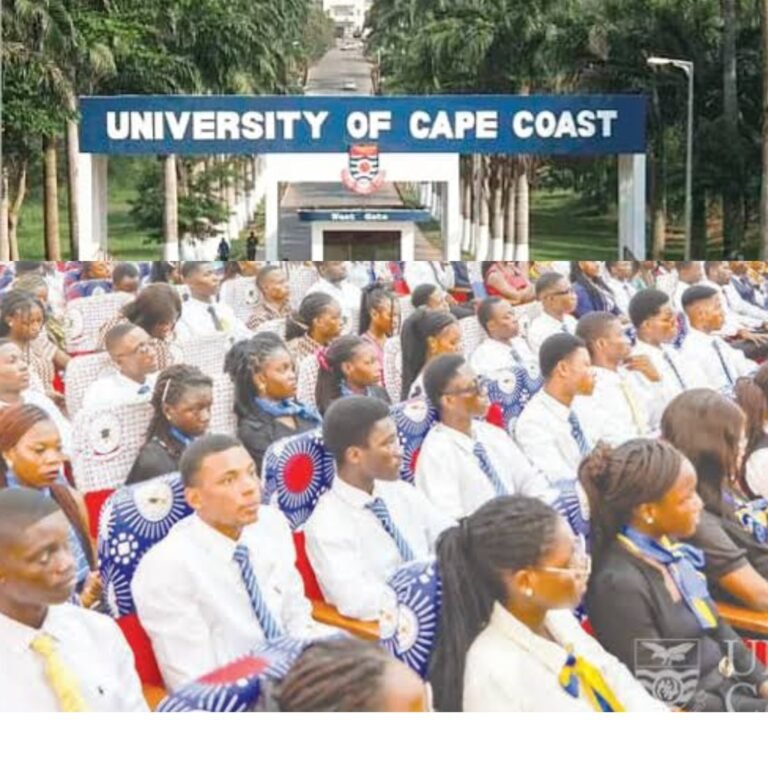
President Akufo-Addo
President Nana Addo Dankwa Akufo-Addo has observed that Ghana’s economy is rebounding faster from the ravages of COVID-19 than envisioned, following a slow rate of growth in 2020.
“After recording negative growth in the second and third quarters of 2020, the economy recovered strongly in the fourth quarter of the year, and well into the first and second quarters of 2021, registering an impressive growth rate of 3.1% in the first quarter of this year, and 8.9% in the second quarter,” he said yesterday at the maiden edition of the Presidential Business Support held at the Kempinski Hotel.
According to the President, the support offered by the private sector, coupled with effective management of the COVID-19 crisis by his government, had offered the impetus for the Ghanaian economy to outperform her peers, rebounding faster than envisioned.
He noted that the strong rebound in growth, low inflation rates, the stable currency, the strong reserve position and FDI flows “are clear indicators of our collective desire to restore the Ghanaian economy onto a path of sustained stability and growth”.
He assured that the government would continue to strengthen and deepen its engagement with the private sector towards realizing this goal.
Positive growth
President Akufo-Addo said as part of efforts to grow the economy, his government, since 2017, had implemented sound policies and programmes that led to consistent economic growth averaging seven percent, making Ghana one of the world’s fastest growing economies.
Ghana, he stressed, has become the leading recipient of foreign direct investments (FDI) in West Africa, and one of the most attractive investment destinations on the continent of Africa.
He noted, however, that following the onset of COVID-19, which disrupted the global economic order, the significant gains made by the government in the management of the economy were derailed.
“That notwithstanding, we were one of the few economies in the world to have recorded positive growth, as the global economy went into recession. We have taken bold measures necessary to stem the risk of a recession, mitigate the negative economic impact of the pandemic, and significantly reduce its burden on our population,” he said.
Private sector key
Explaining the rationale for the holding of the summit, President Akufo-Addo indicated that such consultative engagements with the private sector had been convened as part of the government’s Public Private Dialogue (PPD) framework to help improve the business environment in the country.
Government, he explained, fully recognizes that it is the resilience and ingenuity of the private sector that can guarantee economic growth, create substantial job opportunities for Ghanaian youth, and strengthen the country’s position as an economic powerhouse in West Africa.
“Consequently, I have directed Ministers and relevant heads of state institutions to participate actively and fully in this important summit, and ensure that there is constructive dialogue between Government and the private sector towards realising our vision of a Ghana Beyond Aid,” the President said.
Re-echoing the government’s commitment to the structural transformation of the Ghanaian economy, he indicated that, since 2017, his administration had launched a comprehensive and ambitious programme for industrialization, based on the Ten Point Industrial Transformation Plan, the implementation of which is being coordinated by the Ministry of Trade and Industry.
“This Plan, amongst others, includes the One District One Factory (1D1F) initiative, the new Strategic Anchor Industries programme, designed to diversify our economy beyond cocoa and gold, the development of industrial parks and special economic zones, the development of small and medium-scale enterprises (SMEs), and the establishment of Business Resource Centres (BRCs) and Technology Solution Centres (TSCs) in various parts of the country,” he said.




